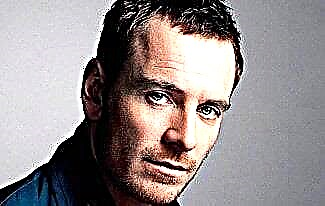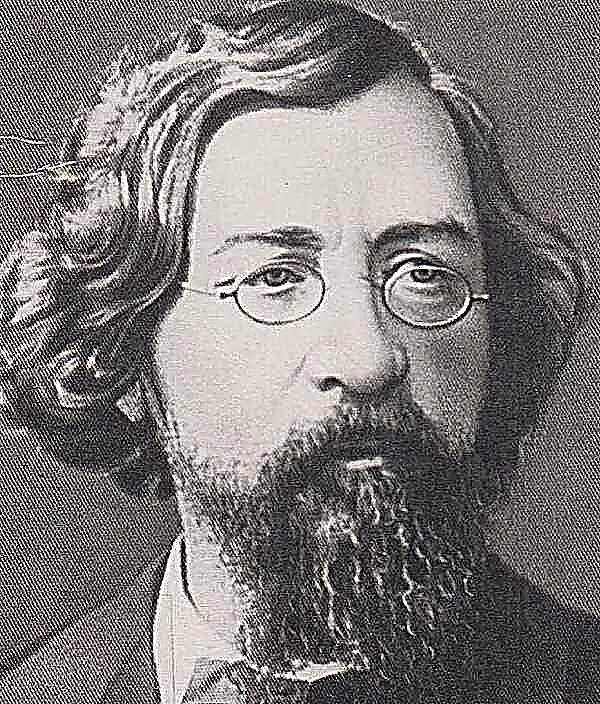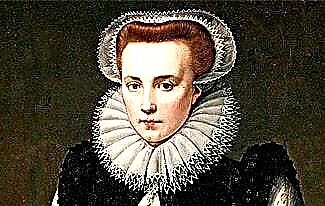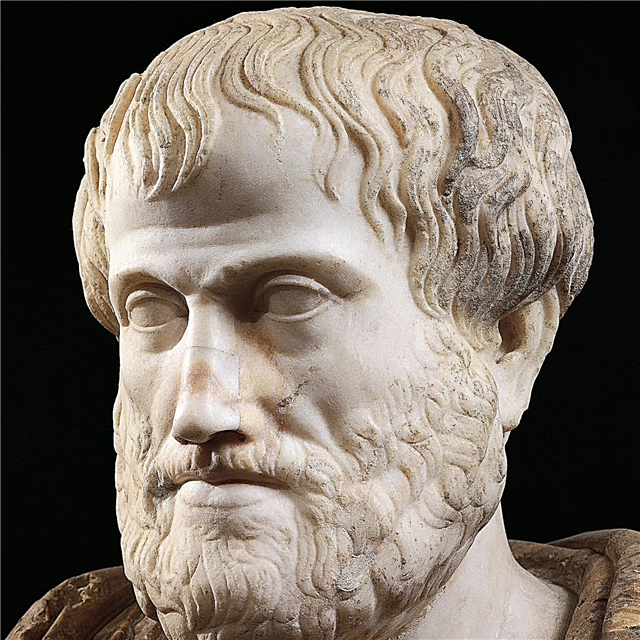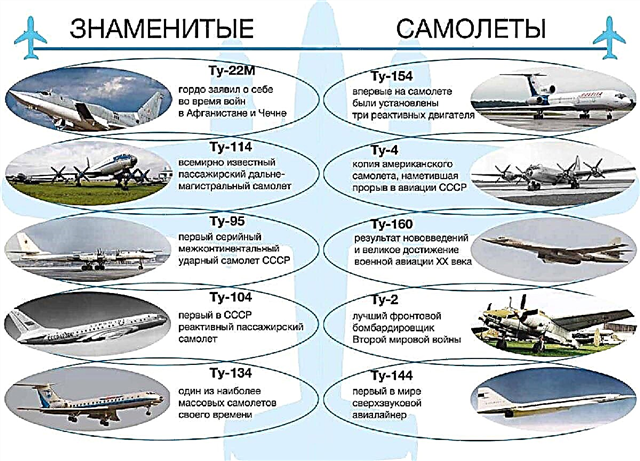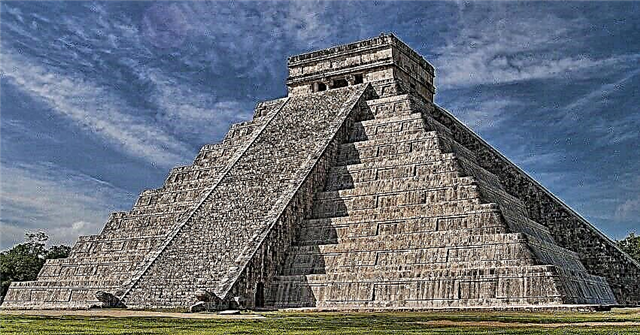Vladimir Rostislavovich Medinsky (born Aide to the President of Russia from January 24, 2020. From May 21, 2012 to January 15, 2020, he was the Minister of Culture of the Russian Federation. Member of the United Russia party.
There are many interesting facts in the biography of Medinsky, which we will talk about in this article.
So, before you is a short biography of Vladimir Medinsky.

Biography of Medinsky
Vladimir Medinsky was born on July 18, 1970 in the Ukrainian city of Smela (Cherkasy region). He grew up and was brought up in the family of a serviceman Rostislav Ignatievich and his wife Alla Viktorovna, who worked as a therapist. He has a sister, Tatiana.
Childhood and youth
Since Medinsky Sr. was a military man, the family often had to change their place of residence. In the early 80s, the family settled in Moscow.
After leaving school, Vladimir tried to enter the local military command school, but did not pass the vision commission. As a result, he became a student at MGIMO, choosing the department of international journalism.
During his student years, Medinsky continued to be interested in military history. He regularly attended lectures at the Faculty of History of Moscow State University. The guy had an excellent memory, knowing many historical dates and events, as well as biographies of Russian rulers.
At the institute, Vladimir received high marks in all disciplines, was a Komsomol member and repeatedly worked as a pioneer leader in the camp in the summer. After graduating with honors from the university, he went to graduate school in the direction of political science, which took place in the period 1993-1997.
In 1999, Medinsky successfully defended his doctoral dissertation, receiving the degree of professor at the Department of International Information and Journalism at MGIMO.
Career and politics
Together with his classmates, Vladimir Medinsky founded an advertising agency "Corporation" Ya "". Soon the agency gained a lot of weight in the domestic market, cooperating with banks, tobacco organizations and financial pyramids.
Due to the bankruptcy of TverUniversalBank, the company faced some problems. As a result, the firm changed its name to “United Corporate Agency”.

Medinsky remained a shareholder in the company until 2003, when he became a State Duma deputy. He also held the positions of Vice President of the Russian Association for Public Relations and Image Advisor to the Director of the Federal Tax Police Service of the Russian Federation.
Later, Vladimir Rostislavovich was entrusted with the leadership of the Ministry of Information Policy Department. In 1999, he started working with the media from the Fatherland - All Russia party.
In 2003, Medinsky was elected a deputy from the United Russia political force. He soon gained a reputation as one of Vladimir Putin's most avid supporters. He often openly extolled the president's actions, and even called him "the genius of modern politics."
As a State Duma deputy, Vladimir Medinsky promoted a number of bills. For example, he was a member of a group of officials who amended the law "On Advertising", restricting the promotion of medical products, alcohol and tobacco products.
At the height of the 2008 financial and economic crisis, Medinsky called for support for office workers who lost their jobs or were under threat of dismissal.
Three years later, Vladimir, by order of Dmitry Medvedev, became a member of the public organization "Russian World", which was engaged in the popularization of the Russian language and culture. Later he was entrusted with the post of Minister of Culture of Russia.
This appointment was controversially accepted by the society. For example, the leader of the Communist Party, Gennady Zyuganov, like other members of his faction, took Medinsky's appointment to this post extremely negatively.
After becoming minister, Vladimir Rostislavovich came up with the initiative to rename streets and avenues, replacing the names of Soviet revolutionaries with the names of tsars. Under him, new rules for subsidizing domestic cinema arose. A list of TOP-100 Soviet art paintings, recommended for viewing as part of the school curriculum, was developed.
Medinsky also achieved the return of the Soviet system of subsidizing theater tours. Significant amounts of money began to be allocated to install security systems in museums.

Vladimir Medinsky made a proposal to bury Lenin's body with all the honors that are due to statesmen. He explained his decision by the fact that the unburied body of the leader is contrary to moral and ethical standards.
In addition, a lot of funds from the Russian budget are spent on the maintenance of the Mausoleum. The idea of Medinsky provoked another wave of criticism from the communists, who regarded it as a provocation.
In addition to fulfilling his direct duties, Vladimir Medinsky was actively involved in writing. Over the years of his creative biography, he published dozens of books, including the series of documentary prose "Myths about the USSR", where he presented his vision of the reasons for the outbreak of World War II (1939-1945).
Based on Medinsky's novel The Wall, a 3-hour film was shot in 2016. It told about the Time of Troubles - a period in the history of Russia from 1598 to 1613.
Personal life
The wife of Vladimir Medinsky is Marina Olegovna. In this marriage, the couple had four children. Very little is known about the politician's personal life and members of his family, since he does not want to flaunt it.
The wife of Medinsky has her own business, which brings her great profits. LLC "NS IMMOBILARE" is engaged in real estate management. In 2014, Marina Olegovna's income exceeded 82 million rubles!
Vladimir Medinsky today
When Mikhail Mishustin became the new prime minister of the Russian Federation in January 2020, he refused to take Medinsky into his government. As chairman, Vladimir Rostislavovich oversees all projects of the Russian Military Historical Society.
The politician achieved the launch of a program of free bus excursions to places of military glory - "Victory Roads", and also organized a network of military history camps designed for the younger generation.
Medinsky Photos






